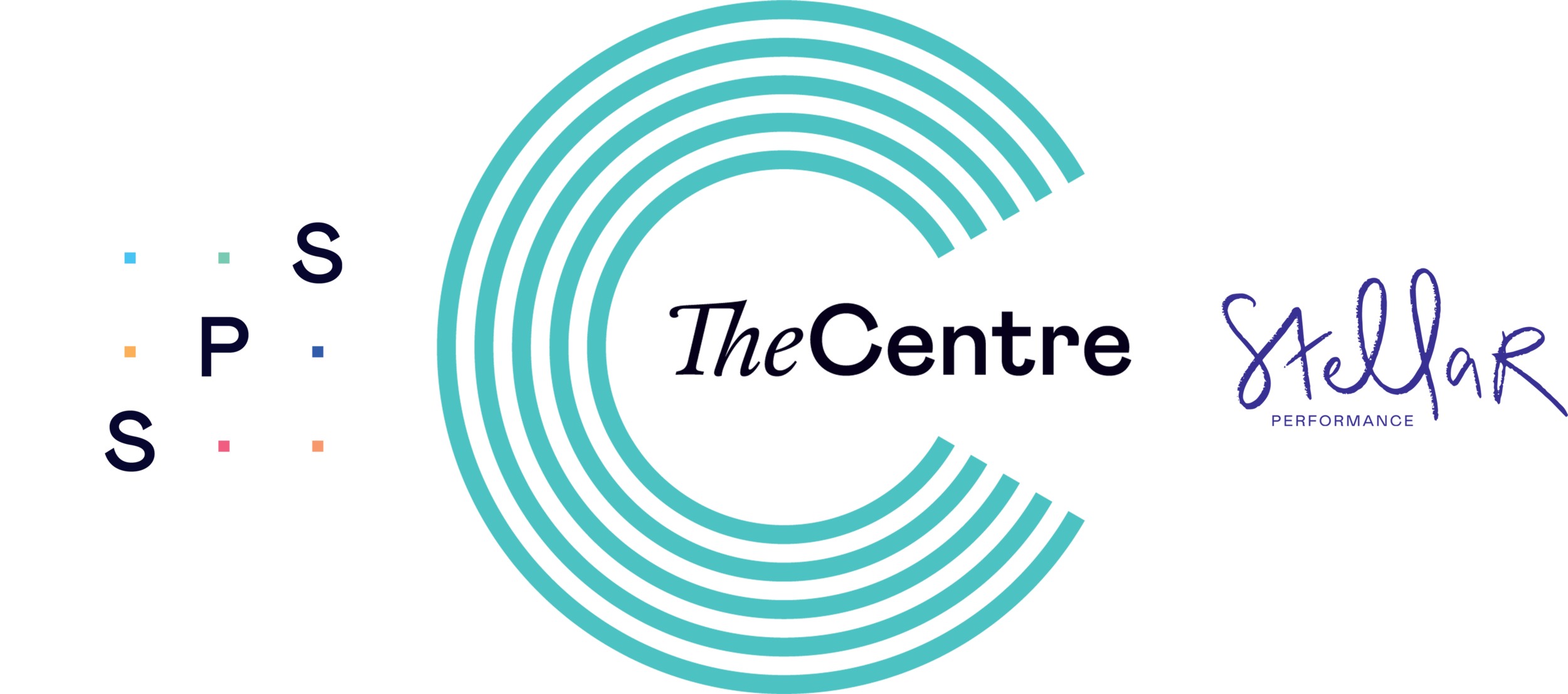2 - Problems vs Pathologies
To meet a clients needs effectively we need to have the armoury to differentiate between ‘healthy’ tissue with problems and ‘unhealthy ‘ tissue with pathologies .
We define a problem as “a matter or situation regarded as unwelcome or harmful and needing to be dealt with or overcome”. Examples might be the effects of training leaving muscles sore, stiff or achey. It is this type of presentation that is the bread and butter of most massage therapists workload.
It is healthy tissue, ‘problems’ that many therapists of all backgrounds and levels of education have studied and qualified by learning and applying their skills too ‘healthy’ tissue. By this we mean tissue that has no ‘pathology’.
While we define pathology as being the “study of the cause, origin and nature of disease or injury”. The study of disease is often the link between science and medicine. In turn the evidence from these studies informs our practice and management of clients who present with a range of pathologies. Often referred to as ‘unhealthy’ tissue . It is the wide range of pathologies and resulting signs & symptoms that do not form a part of most therapists primary education. Which in turn means that when a client presents with pain, discomfort and a range of musculoskeletal difficulties that the differentiation between ‘problem’ & ‘pathology’ is missed.
When choosing the methods/skills of soft tissue therapy to be utilised it is not only important to have a range of skills and an understanding of how they assist physiologically, psychologically and emotionally a clients presenting issues but to be sure we have assessed the ‘need’ accurately?
Has our assessment accounted for the difference in problem vs pathology?
Have we accurately identified the the situation falls into our scope of practice?
Have we achieved competence in the methods/skills at our disposal?
Have we recorded the intervention(s) in a way that we can justify our actions?
Have we reflected on the outcome(s) to future inform our practice?
Have we identified any personal need for more, different or revision of our practice management and skills?
Therapists identify themselves with a number of different labels, such as, Sports Therapist, Sports Masseur, Remedial Therapist, Massage Therapist etc These different ways of ‘advertising’ ourselves to the public is used to direct a ‘certain type’ of client to our practices and yet they don’t always reflect our knowledge and understanding of different presentations of healthy and/or unhealthy tissue.
Titles, levels of education and a wide variety of course contents do not always mean one is prepared/able to identify the diversity and ‘overlap’ of problems and pathologies. The methods & skills a therapist delivers are based on the range of skills they learnt first and that might mean the depth and breadth of understanding of the outcomes of each intervention is limited or narrow in context. This might lead to a therapist not always being able to meet the clients needs if the source of their issues is not fully understood in the context of healthy/unhealthy, and problem/pathology.
All therapists have a duty to their clients to learn through experience, continuing professional development and to understand their limitations/scope of practice. Knowing when to work collaboratively or refer to another healthcare professional is essential to good practice. To continue to keep abreast of research evidence and to collate practice based evidence for reflective practice and sound record keeping is fundamental to good practice.
Meeting individuals needs means caring for the whole person. If that means referring them to someone more suited to their issues or improving our competence in fundamental/new skills then we should always be willing and able!
If you need help and support a friendly ear or just to know you are not alone in experiencing anxiety at the thought of moving your skills forward then contact us. admin@spslearn.co.uk Stronger together, more insight through shared experience and a collective desire to improve the health & well being of our clients, family & friends. Not forgetting your own mental & physical wellbeing.
If you need any further help, support or guidance then contact us to arrange a One to One or attend a course in advanced soft tissue skills, assessment or agree a bespoke education programme to meet your needs as we return to studies, education & training at THE Centre. There will be many opportunities in the next few months in the run up to our re-opening our premises. Follow on Twitter & Instagram

